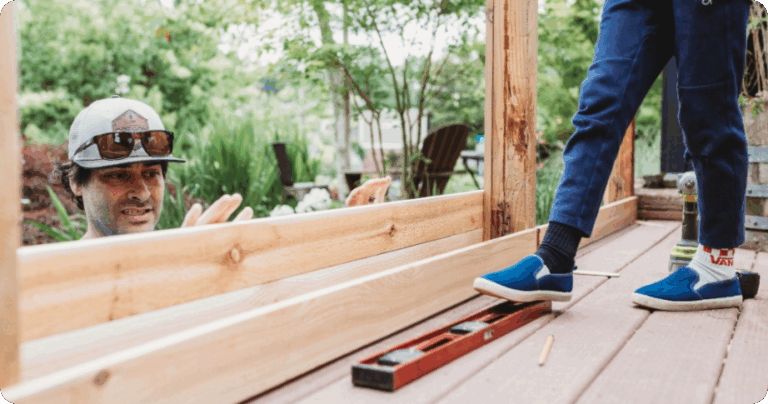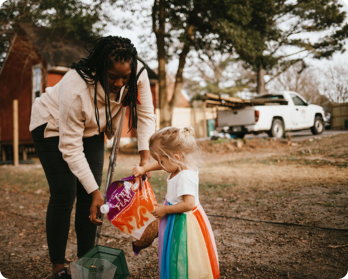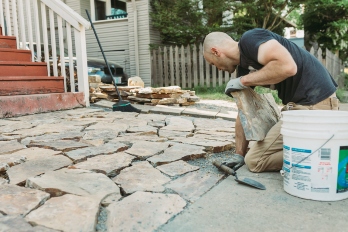Summer, the season of beach days, barbecues, flip flops, and (cue rumbles of thunder): Hurricanes.
For those of you who have so far been spared these unruly warm-weather storms, a hurricane is a rotating system of clouds and thunderstorms that forms over tropical or subtropical waters, according to the National Hurricane Center.
While a tropical storm has sustained winds of between 39 and 73 miles per hour, a hurricane (aka a tropical cyclone) has sustained winds of 74 or more mph. The United States has two hurricane seasons: The Atlantic, on the east coast, which runs from June 1st to November 30th, and the Eastern Pacific, from May 15th to November 30th.
Along with powerful winds, hurricanes cause heavy rainfall, storm surges, coastal and inland flooding, tornadoes, and landslides, according to the U.S. Census Bureau. These can all be pretty costly for homeowners, not to mention dangerous to your safety.
Fortunately, there are several steps you can take to reduce the risk for your home and your household if a hurricane’s blowing its way toward you. Here are our top 6:
1. Prep for a power outage
Getting ready for a power outage is a process in itself, but it doesn’t have to be a lengthy one. For example, just having the batteries in cellphones, laptops, medical devices, and other electronics charged helps a lot if you lose electricity.
Check out our posts on preparing for a power outage and tips for safety in a power outage for additional steps to take.
2. Protect doors & windows
Windows and doorways (including to your garage) are particularly vulnerable to the wind and precipitation that comes with a major storm. Here are a few ways to protect them:
- Seal cracks and holes to prevent leaks and airflow
- Cover air conditioners to guard them against flying debris
- Attach plywood over the exterior of windows to protect the glass
You may also want to take a look at your roof, before and after the storm, for loose shingles and holes.
3. Remove possible debris
Secure lawn furniture and anything else outside that could possibly take flight in strong wind. Check trees and bushes for branches that could break off and become projectiles.






